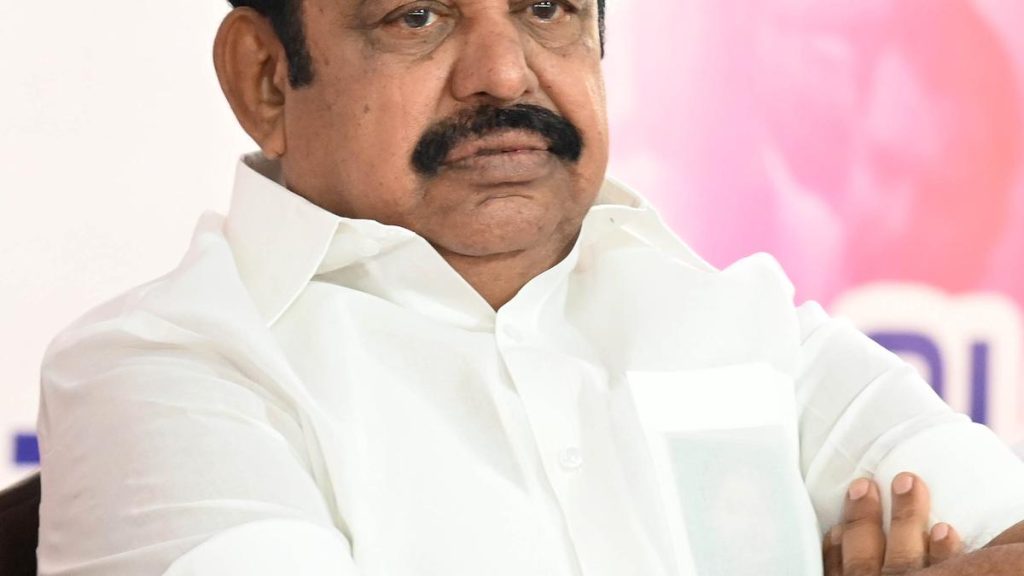Now Reading: Guntur to Become Poverty-Free with P4 Initiative, Announces Minister
-
01
Guntur to Become Poverty-Free with P4 Initiative, Announces Minister
Guntur to Become Poverty-Free with P4 Initiative, Announces Minister
Swift Summary
- District In-Charge Minister Kandula Durgesh expressed the government’s commitment to making Guntur a ‘poverty-free’ district through the P4 (Public Private People Partnership) programme.
- At the Guntur District Review Committee meeting, held at the Collectorate, officials and elected representatives were urged to enhance outreach efforts for welfare schemes and ensure timely service delivery.
- Reviewed progress in sectors like agriculture, horticulture, irrigation, roads, drinking water supply, Anganwadi centres, pensions, and flagship programs such as Thalliki Vandanam, Annadata Sukhibhava, and NTR Bharosa.
- Lauded Guntur chilli’s national recognition under the One District One Product (ODOP) initiative.
- Addressed farmers’ loan issues; ₹14 crore sanctioned for 3,000 tenant farmers alongside approval of 37 kisan drones.
- Discussed concerns regarding MSME advancement, hospital staff accountability at GGH hospital, and infrastructure gaps in Auto Nagar area.
- Meeting included participation from Rajya Sabha MP Alla Ayodhya Ramireddy as well as MLAs, MLCs along with ZP Chairperson; senior district officials such as district Collector and SP also attended.
Indian Opinion Analysis
The emphasis on poverty eradication through grassroots implementation of welfare schemes reflects a systematic approach aimed at promoting inclusive development within Guntur district. The prioritization of areas like agriculture and infrastructure highlights an acknowledgment of long-standing issues that directly impact economic stability among stakeholders such as farmers and small businesses.The approval of tenant farmer assistance funds combined with kisan drones could signify technological advancements toward enduring farming practices while addressing financial burdens faced by agricultural laborers-this could set an notable precedent for other districts facing similar challenges.
National recognition for Guntur chilli under ODOP not only boosts local economy but serves to strengthen ties between rural products and wider markets-a potential model replicable across India’s agrarian regions.The focus on bureaucratic accountability within essential services like healthcare aligns well with improving citizen trust in governance systems-a critical aspect towards prosperous implementation of welfare initiatives overall.
Read more: Link

























